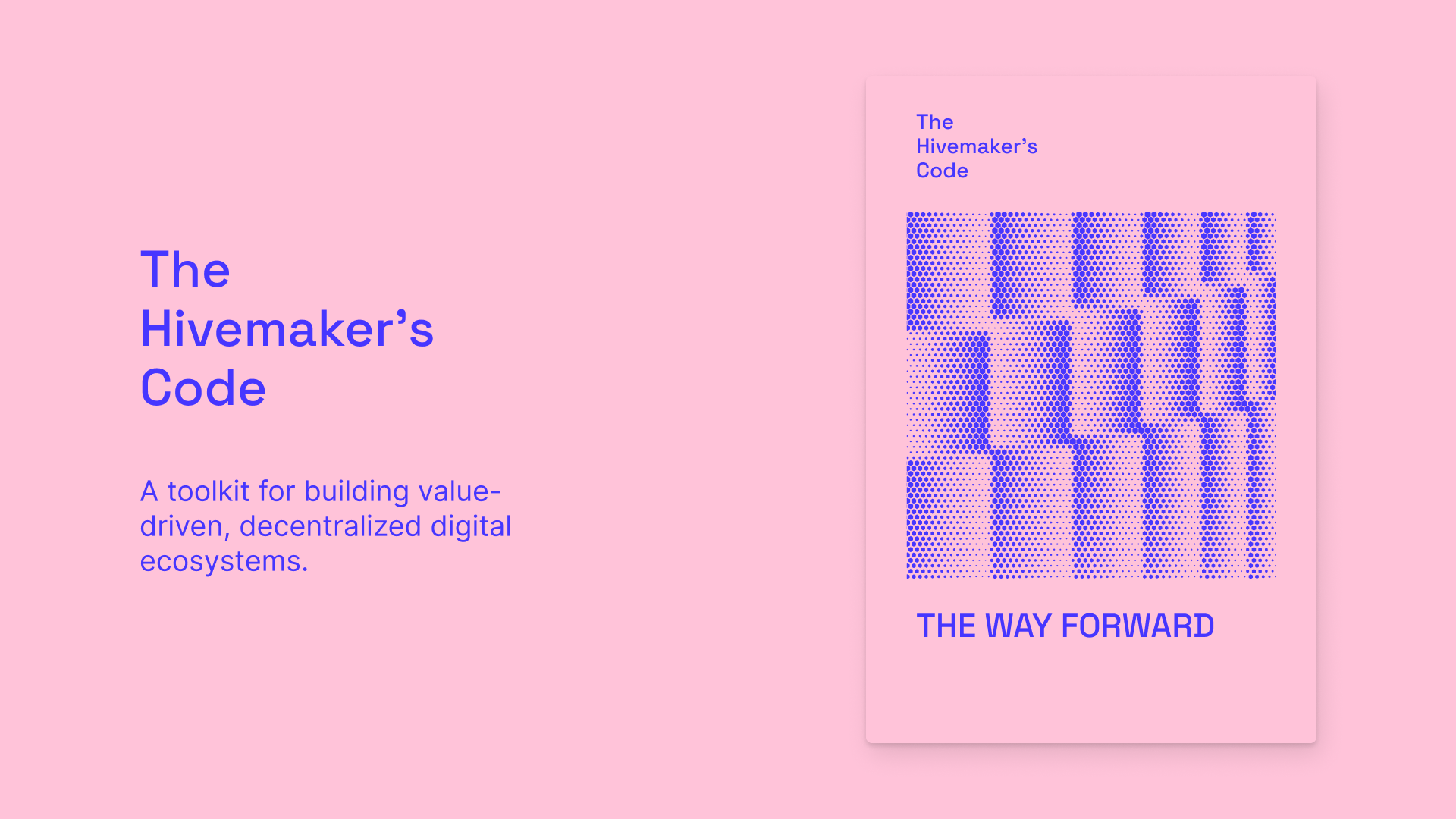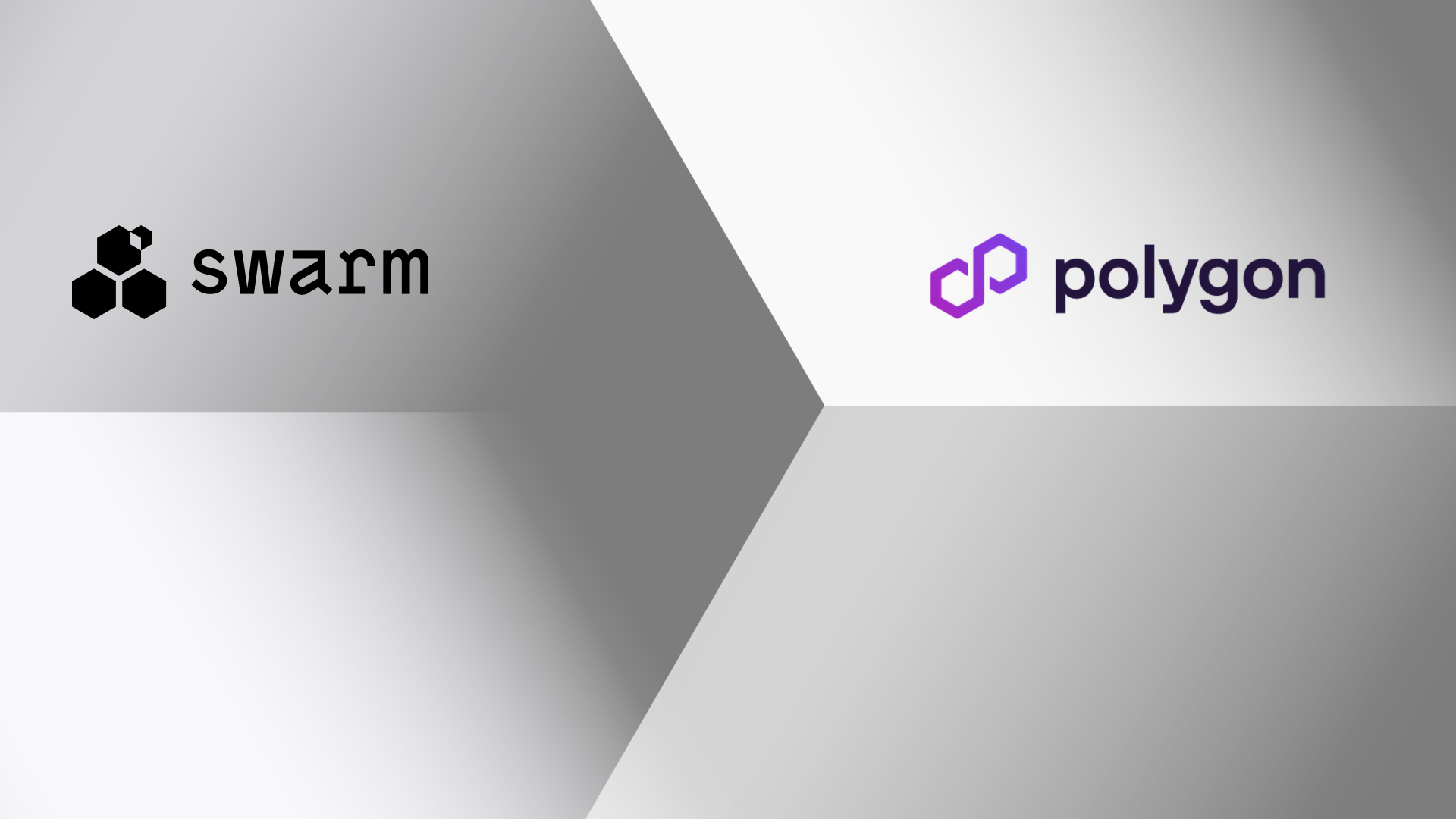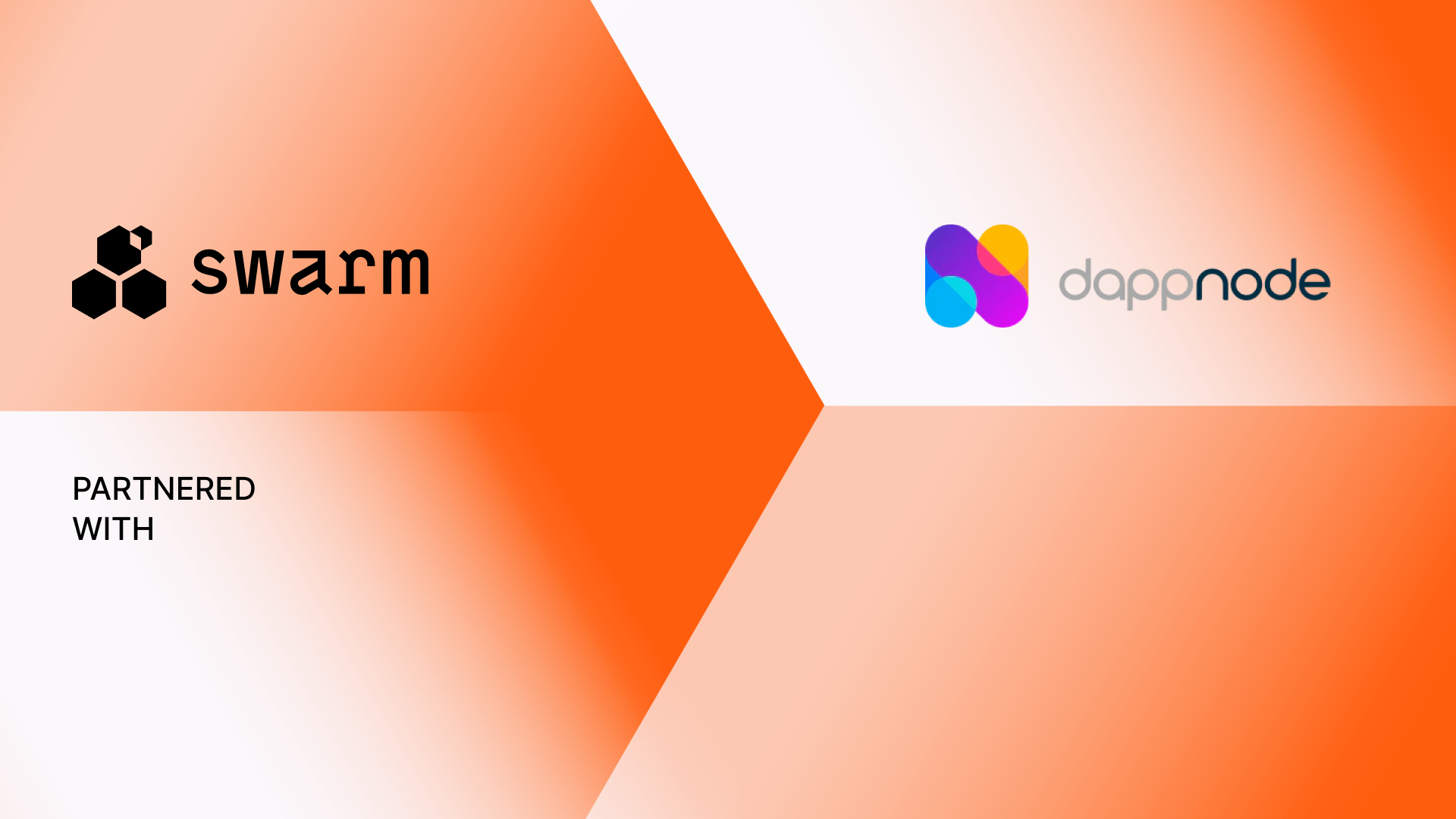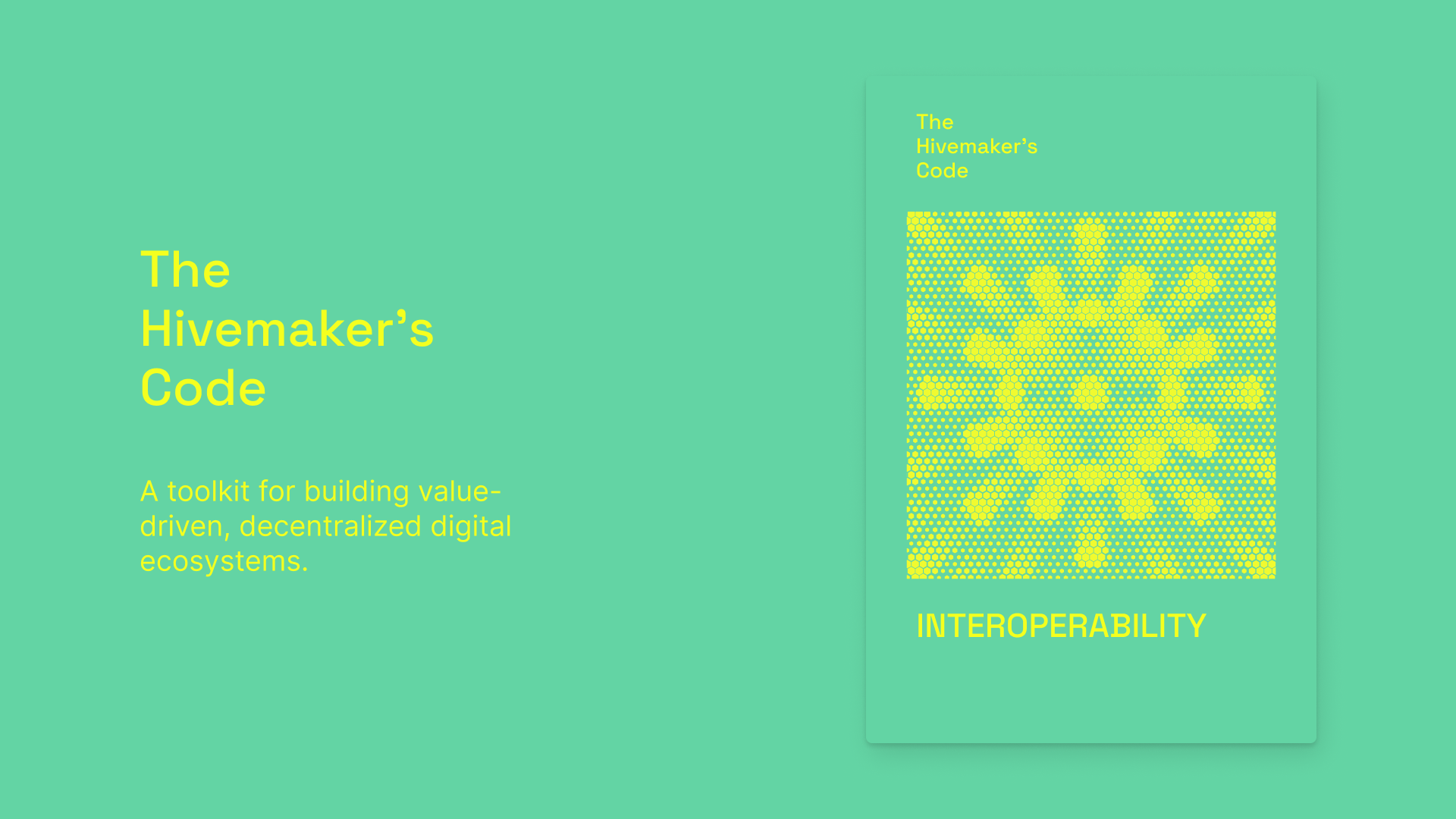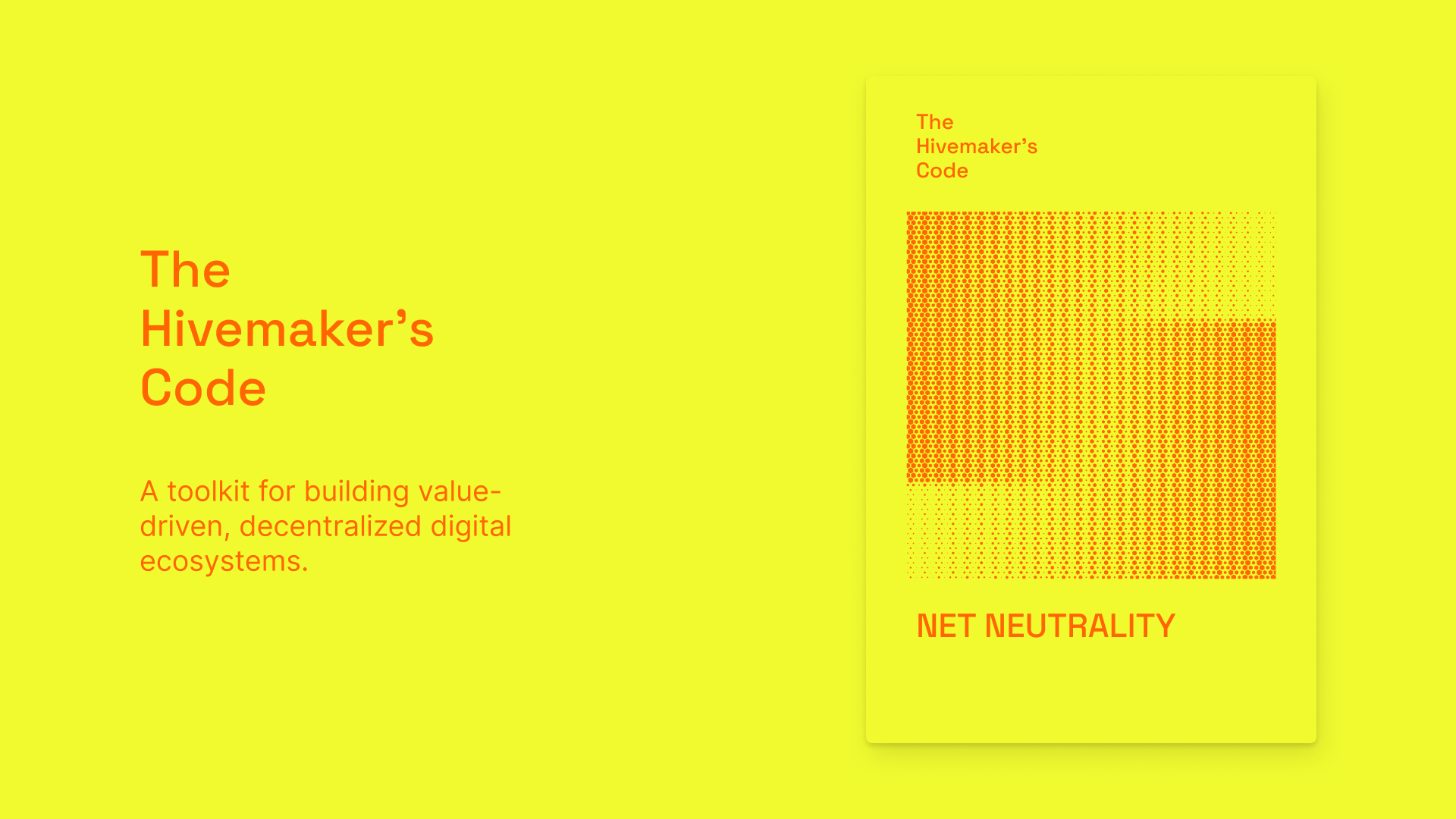This article is part of The Hivemaker’s Code series:
- Article 1: Introduction
- Article 2: How do Ecosystems Grow?
- Article 3: Cooperating on Blockchain
- Article 4: The Satoshi’s Dream
- Article 5: Anonymity in the Cryptosphere
- Article 6: Democracy and Decentralization
- Article 7: Is Net Neutrality Important for Blockchains?
- Article 8: Why Interoperability is the Bedrock of Digital Freedom
- Article 9: The Way Forward
Authors: Oliver Lukitsch, Michal Matlon, Gregor Žavcer, Thomas Fundneider, Markus Peschl, Lena Müller-Naendrup
Living Ecosystems for the Open Society

Thirteen years have now passed since the introduction of Bitcoin in 2009. We can only wonder whether Satoshi Nakamoto could have imagined the wave his creation would start. Over twenty thousand crypto projects are currently listed by trackers worldwide, with a total value of about one trillion dollars (as of October 2022).
However, Satoshi might not have appreciated that the discourse mainly revolves around speculative investment. The information space is still more occupied by trying to find the next big pump rather than creating positive impact through the underlying technology.
It’s popularly expected that new technology will usually go through a cycle of hype and disillusionment before finally becoming productive in the long term. And increasingly, some voices urge us not to look for a savior in wild speculative gains but to deeper understand the potential of blockchain itself.
As the authors of a Harvard Business Review article wrote, blockchain is not a disruptive technology that immediately provides a lower-cost solution. Instead, blockchain is a foundational technology, and like the internet in the 90s, it will only gradually seep into social and economic life. We already know about many of the blockchain’s potential uses, such as:
- Removing intermediaries, decentralizing, and making finance more accessible
- Increasing supply chain security, efficiency, and accountability
- Making it easier for people to control and share their data, content and identity
- Enabling democratic processes like voting, decision-making, and representative accountability. Both in the physical world and through DAOs.
But the fact that an organization uses blockchain to solve a particular problem doesn’t necessarily mean that it embraces the general values of the crypto movement. Totally closed and centralized organizations can use blockchain too. And as we mentioned in one of the previous articles, even projects that promise decentralization often end up with ownership and network control highly concentrated in the hands of the few.
This is why our articles and the toolkit in The Hivemaker’s Code focused on a largely unexplored aspect of the decentralized digital world. We wanted to know how today’s digital projects can steer their development into decentralized, value-aligned, purpose-driven ecosystems. As a result, we have created a toolkit that anyone can use to start building such an ecosystem and understand the thinking behind this process.
We believe that the full potential of technologies like blockchain can be realized precisely by enabling the birth of such bottom-up, living ecosystems. And by full potential, we don’t only mean economic benefits for the coin holders, but rather the overall positive impact on people’s lives and society.
Maintaining an open society takes work. If we leave things to chance, it’s entirely possible that what started as an idealistic endeavor to upgrade our digital relationships will eventually end up integrated into the logic of old systems. Systems that concentrate power and control for their own benefit, rather than sharing them fairly with all who engage, contribute, and make their existence possible.
To borrow from the Cypherpunk’s Manifesto: “People must come and together deploy these systems for the common good.” And it’s even better if they come together equipped with the right tools and knowledge about social systems, human cooperation, trust, and democracy. This is what our work helps to achieve.
Let us proceed together apace.
Discussions about Swarm can be found on Reddit.
All tech support and other channels have moved to Discord!
Please feel free to reach out via info@ethswarm.org
Join the newsletter! .
